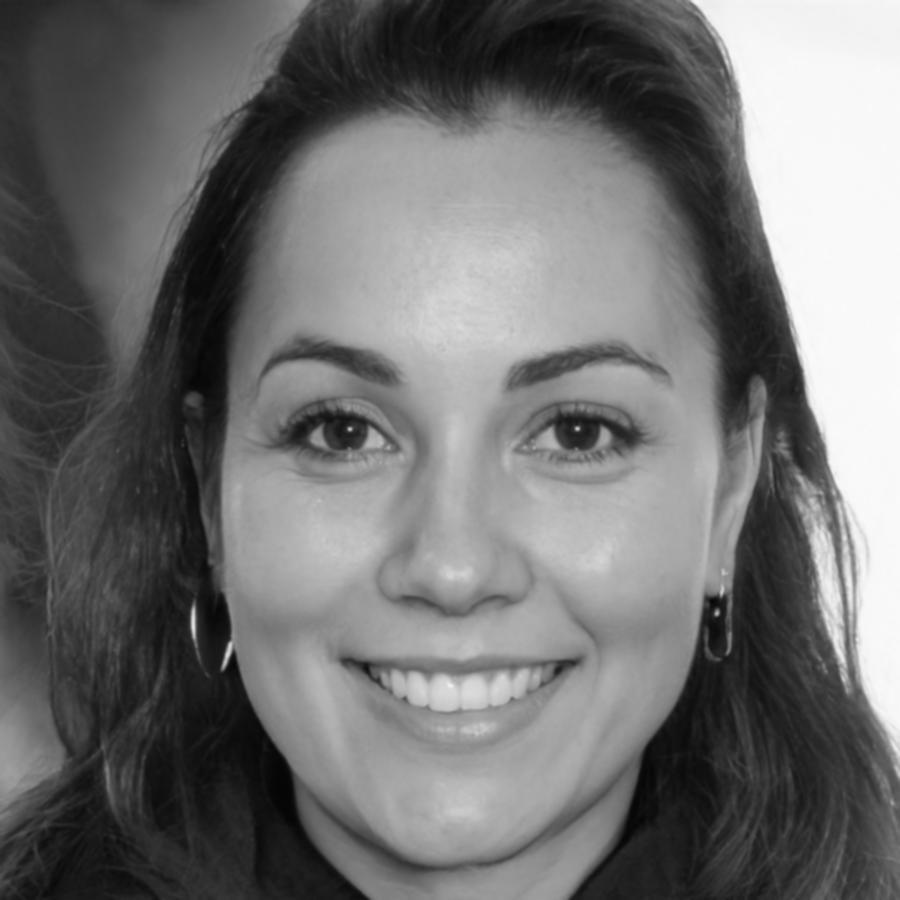What We Actually Do Here
We started SmartIntellectHub in 2019 because too many business owners in Thailand were making big decisions with incomplete financial information. Not terrible decisions, just ones that could've been better with the right analysis framework.
Our programs teach practical financial analysis that fits how businesses actually work in Southeast Asian markets. We focus on skills you'll use next week, not theories that sound impressive but sit unused.
How We Teach Financial Analysis
Most financial education assumes you're working with perfect data in stable markets. That's rarely the case here. Our approach starts with the messy reality of incomplete records and evolving business conditions.
Real Case Analysis
We work with anonymized cases from actual Thai businesses. You'll see the gaps in data, the cultural considerations in financial negotiations, and the practical constraints most textbooks ignore completely.
Iterative Learning Model
Each module builds on previous work, but not in a rigid sequence. Students revisit core concepts with increasing complexity, which helps when applying skills to different business contexts later.
Regional Market Focus
Financial analysis techniques developed for Western markets need adjustment here. We address currency volatility, relationship-based business practices, and regulatory environments specific to Thailand and ASEAN.
Small Cohort Structure
Groups of 12-15 maximum. This size allows detailed feedback on your analysis work while creating peer discussion that actually reflects different business perspectives rather than just echoing back theory.

Programs typically run 8-10 months because developing solid analytical judgment takes time. Quick courses skip the practice needed to handle complex situations confidently.
How Students Progress Through Our Program
This isn't a step-by-step ladder. People move through stages at different speeds based on prior experience and how much time they dedicate to practice work.
Foundation Period
First 6-8 weeks cover core financial statement analysis and ratio interpretation. Most students find this review straightforward if they have business background. Those newer to finance spend more time here, which is expected and completely fine.
Applied Analysis Phase
Months 3-5 involve working through increasingly complex business scenarios. You'll analyze cash flow patterns, evaluate investment options, and assess business performance using real company data. This is where the work gets substantially more challenging.
Specialized Applications
Months 6-8 allow focus on specific areas: retail financial analysis, manufacturing cost analysis, service business metrics, or investment evaluation. Students choose based on their career direction and complete deeper project work in that area.
Capstone Project
Final months involve comprehensive analysis of a business situation reflecting real-world complexity. You'll present findings to instructors and peers, defending your methodology and recommendations like you would to actual stakeholders.




